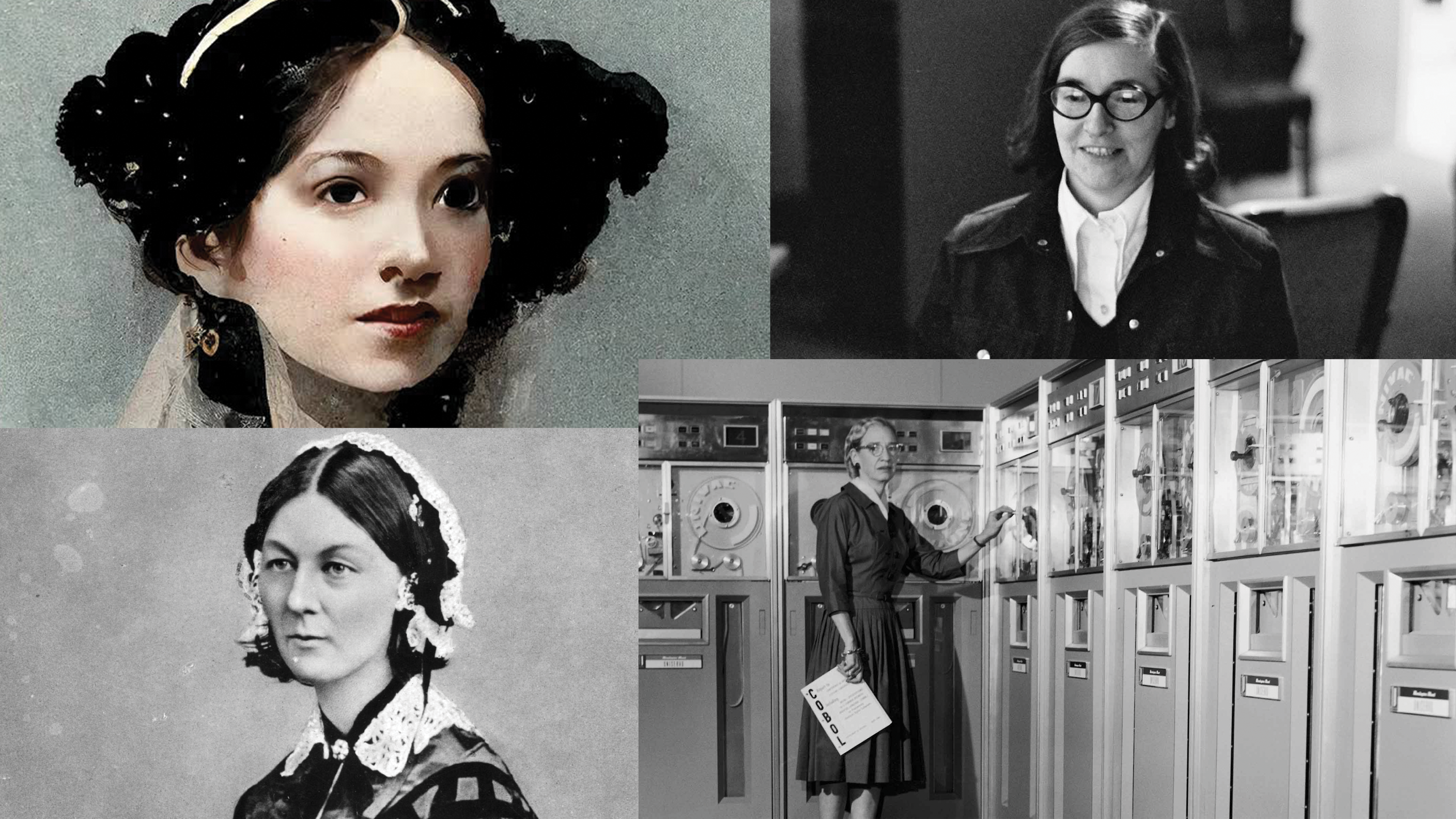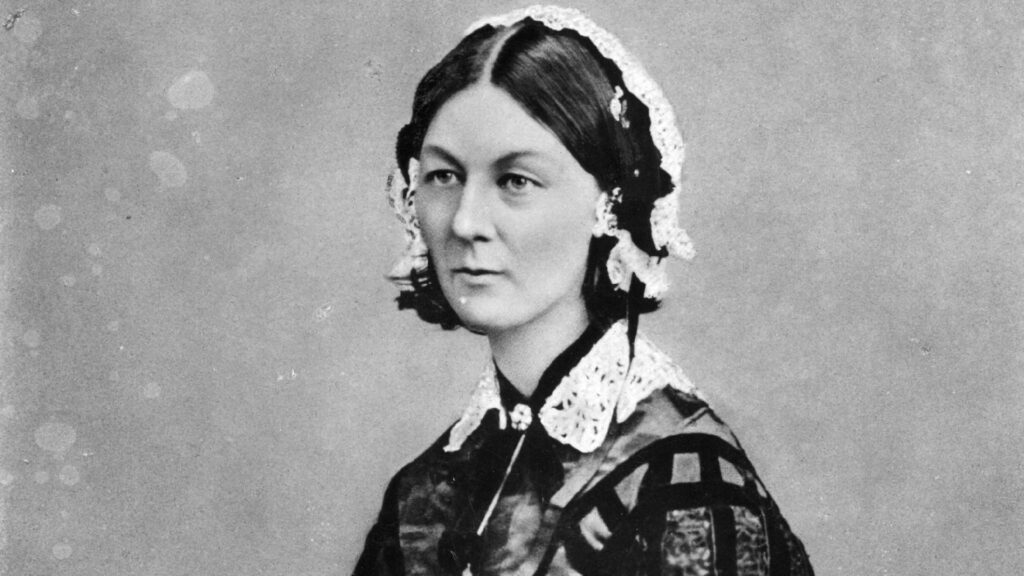Women Revolutionizing the Data Science Field

During Women’s History Month, it’s a time not only to celebrate the achievements of women across various fields but also to shine a spotlight on their pivotal roles in shaping the landscape of data science. From mathematicians to pioneering computer scientists, women have undoubtedly made significant contributions to the evolution of data science.
Ada Lovelace

Ada Lovelace, often claimed as the world’s first computer programmer, left a mark on the field of data science despite living in the 19th century. Born in 1815, Lovelace’s love for mathematics and logic was inspired by her mother. Collaborating with Charles Babbage on his Analytical Engine, Lovelace wrote what is now considered the first algorithm intended for implementation on a machine. Her work, published in 1843, demonstrated an understanding of the potential of computing machines to go beyond calculation, envisioning them as tools for generating music, art, and other mathematical sequences.
Florence Nightingale

Florence Nightingale, primarily known as a significant figure in modern nursing, also made contributions to the field of statistics and data science. Born in 1820, Nightingale’s analytical mind and passion for healthcare reform led her to use statistical analysis in public health, one of the first use cases. During the Crimean War, she collected and analyzed data on mortality rates and sanitation practices, revealing that more soldiers died from preventable diseases than from battle wounds. Nightingale’s visualizations, effectively communicated her findings to policymakers and revolutionized approaches to healthcare management.
Grace Hopper

Grace Hopper was a computer scientist and United States Navy rear admiral. She played a pivotal role in the early development of computing and data science. Born in 1906, Hopper’s career spanned several decades, during which she made contributions to programming languages and software development. Hopper’s main achievement was the creation of the first compiler, a program that translates human-readable code into machine language, changing the way software was written and carried out. Her work laid the foundation for programming languages and paved the way for modern software engineering practices.
Elizabeth Feinler

Elizabeth “Jake” Feinler was a computer scientist and information technology professional who contributed to the development of the internet and information technology infrastructure. As the director of the Network Information Systems Center at the Stanford Research Institute (SRI) in the 1970s, Feinler played a crucial role in the creation of the ARPANET, the precursor to the modern internet. She led the team responsible for managing the Network Information Center (NIC), which provided services such as domain name registration and directory services.
- Categories:


